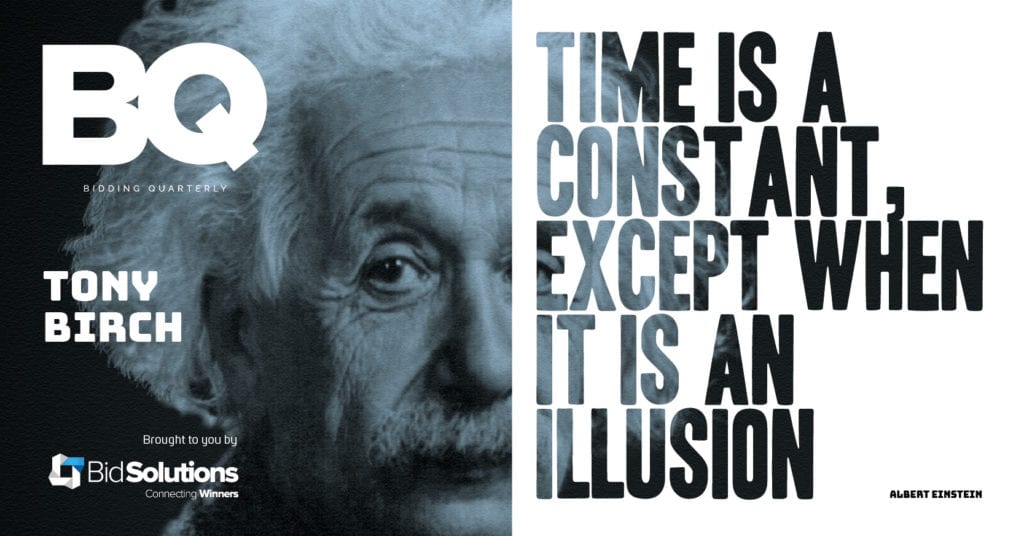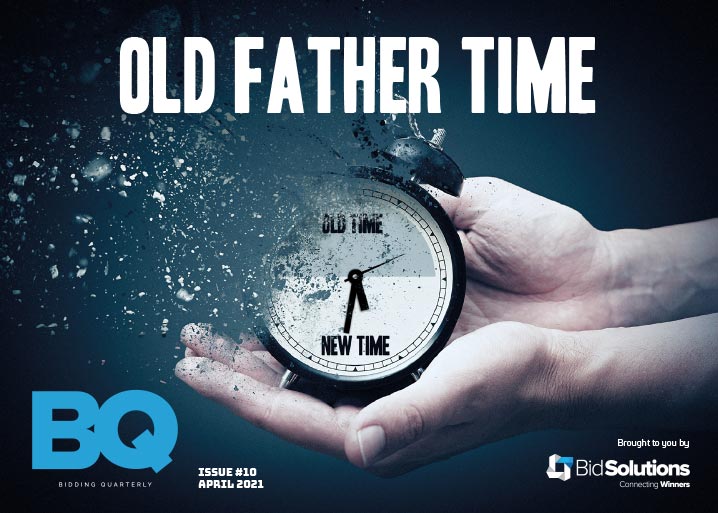
In his Special Theory of Relativity, Einstein determined that time is relative – in other words, the rate at which time passes depends on your frame of reference. He also said time is an illusion.
I have a lot of experience with working remotely and at home. I have worked at home and in hotel rooms for many years. I would like to share my thoughts with you in case they can help you to work in the current normal. The global pandemic has certainly changed my frame of reference. Hence, my perception of time and the technology that I use to make my working time productive every day.
Constantly working at home has meant adapting to a new environment and facing a new set of distractions, as well as experiencing an unprecedented fusion of work and personal life. In order to continue working efficiently and creating value under these new circumstances, we all should do our best to understand and accept our own specific situations and needs.
In the early stages of the pandemic, I picked up this adage from somewhere and it has stuck with me:
“Remember, you are at home trying to work, not working from home.” (Source unknown)
To me, this means that I will not achieve all that I want, or expect, to do in a day because of the situation. The fusion of work and personal life changes my perception of time. Some days seem to be very long and some seem to disappear without any sense of achievement.
At times, technical issues prevent me from getting my work done, or logging in to a specific tool, or using all the features of virtual meetings. Screen fatigue causes my attention span to reduce. For me at least, staring at a screen is more tiring than face-to-face interaction. I find that I cannot engage directly as easily with my colleagues and clients. As for work/life balance, sometimes I find it difficult to finish my working day.
How have I addressed this? Firstly, I set up an organised and quiet working space (I have the luxury of enough space at home) and have learnt to accept the “distractions” that cannot be avoided, such as the dog barking or the doorbell ringing.
Secondly, I have begun to understand the benefits of virtual meetings. They can be made to last only as long as necessary to achieve their purpose and there is no travel time. I have taken some time to become familiar with the different technologies and tools that I must use, ensuring that I communicate ground rules for each virtual event and plan in time for ‘tech-checks’.
Thirdly, I have opened my mind to not being afraid to try something new. Not only am I using technology and tools that I would never have thought I would, I have also actively researched to find alternatives to those technologies in case there are even better ones out there.
What am I still not good at? I do not check-in with friends, family and colleagues frequently enough, just to socialise and to avoid a social disconnect. I am not good at deciding when I am working and when I am not. Often this means that I can get to the end of the day without taking a break.
My final thoughts are for those of you in a leadership role.
“In these difficult times, I find it is difficult to focus on the positive. I have to keep reminding myself that the fusion of work and private lives can be challenging for employees as well as leaders. Fast decision making and real-time information sharing can be difficult when working remotely but it is still important.”
In both your work and personal lives, quick and appropriate reactions are essential “in case of emergency”. Plan ahead. Define and communicate approval procedures for how to escalate matters before a situation arises. One inevitably will.
As leaders, we should practice and encourage authenticity and empathy, as well as maintain an appropriate work/life balance for everybody.
We are all learning to work in a different way. As with all bidding, there is never enough time. We must change our frame of reference and make time pass at the speed we would like it to, even if it is only an illusion.
This article was written by Tony Birch.
Tony Birch is the founder and current Chairman of Shipley Limited in the UK. Tony served on the main board of the APMP for four years and was elected a Fellow of the organisation in 2006, for his work in developing and launching the APMP’s Certification Programme. Since founding Shipley, Tony has trained thousands of sales and bid professionals around the world.

